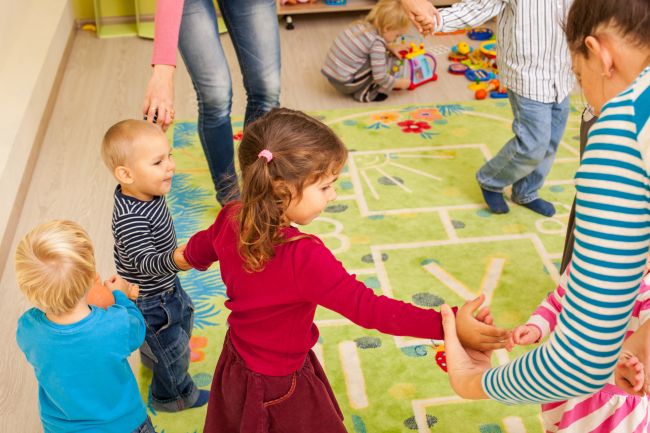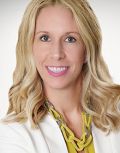Preschool Language Disorders

Communication is language and it is in everything we do. Since we communicate everywhere, all areas of a child's life will be affected if your child has a language disorder. Preschool children are between the ages of 3-5 years old.
Signs and Symptoms
Some children will have problems with understanding. This is called receptive language. If your child has a receptive language disorder, he/she may have trouble:
-
Following directions
-
Answering questions
-
Understanding what gestures mean
-
Identifying objects and pictures
-
Taking turns talking with others
Some children may have problems talking. This is called expressive language. If your child has an expressive language disorder, he/she may have difficulty with:
-
Answering questions
-
Naming objects
-
Putting word together to make a sentence
-
Using gestures
-
Learning songs and rhymes
-
Using correct pronouns like “he” or “they”
-
Knowing how to start a conversation and keep it going
Some children who have either a receptive or expressive language disorder will also have trouble with understanding and talking. They can also have trouble with reading and writing such as:
-
Holding a book right side up
-
Looking at pictures in a book and turning pages
-
Naming letters and numbers
-
Learning the alphabet
-
Telling a story with a beginning, middle and an end
What is involved with a preschool language disorder assessment?
Speech-Language Pathologists are usually a part of a team which includes the parent, the child’s preschool teacher and other professionals. This team will be able to decide if your child’s language skills are developing age appropriately. The Speech-Language Pathologist will let you know whether your child would benefit from therapy. We usually look for the following:
-
Does your child know how to play with toys?
-
Is your child able to use pretend play?
-
Follow directions and routines
-
Names familiar objects and actions
-
Identify colours, numbers and letters
-
Sings songs or copy a nursery rhyme
-
Looks at books and talks about the pictures
-
Recognizes familiar people
-
Holds a book correctly and turns the pages
-
Recognizes their name
What can I do as a parent to help my child?
Therapy can definitely help children who have a language disorder. The Speech-Language Pathologist will set goals for therapy and these sessions will increase learning, behaviour, confidence and social skills. Many children don’t know the unspoken rules of conversation and the social interaction which most of us do naturally. What a child learns in therapy should continue at home. Here are some things that you can do to increase your child’s language skills:
-
Talk to your child a lot!
-
Read to your child every day!
-
Be down at their level and face to face
-
Point to words during the day, ex. at the grocery store, library and outside
-
Listen and respond when your child talks
-
Encourage your child to ask questions and give them time to answer
-
Set limits for watching TV and using electronics

Amy Grossi is a pediatric Speech-Language Pathologist, practicing for over 10 years. Amy enjoys the area of early language, literacy development, apraxia and fluency. She has a passion for working with children with multiple developmental needs and implementing creative and interactive treatment sessions.